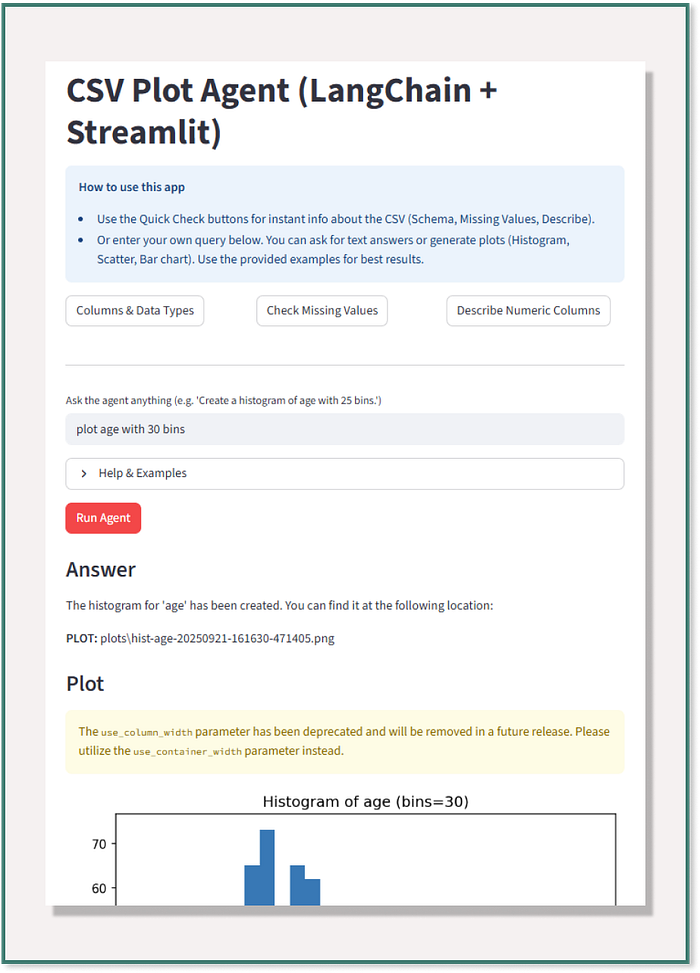AI: A Reality Check
Getting to the Bottom of the Hype
It’s sometimes difficult to distinguish the reality of technology from the hype and marketing messages that bombard our inboxes daily. In just the last five years, we’ve probably heard too much about the metaverse, blockchain, and virtual reality, for example. At present, we’re in the midst of a furore about the much-abused term ‘AI’, and time will tell whether this particular storm will be seen as a teacup resident.
A Conversation with Jon McLoone
Artificial Intelligence News spoke exclusively to Jon McLoone, the Director of Technical Communication and Strategy at Wolfram Research, to help us put our present concepts of AI and their practical uses into a deeper context.
About Wolfram Research
Wolfram Research is one of the most mature organizations in the computational intelligence and scientific innovation space. Jon has worked at Wolfram Research for 32 years in various roles, currently leading the European Technical Services team. A mathematician by training and a skilled practitioner in many aspects of data analysis, we began our interview by having him describe Wolfram’s work in an elevator pitch format.
Wolfram’s Value Proposition
“Our value proposition is that we know computation and Wolfram technology. We tailor our technology to the problem that an organization has. That’s across a broad range of things. So, we don’t have a typical customer. What they have in common is they’re doing something innovative.”
AI: A Reality Check
Jon emphasized that AI is just another kind of computation. “We just see AI as another kind of computation. There were different algorithms that have been developed over years, some of them hundreds of years ago, some of them only tens of years ago. Generative AI just adds to this list.”
Claims About AI in 2024
Claims made about AI in 2024 can sometimes be overoptimistic, so we need to be realistic about its capabilities and consider what it excels at and where it falls short.
Human Intelligence Remains Essential
“There’s still human intelligence, which still remains as the strategic element. You’re not going to say, in the next five years AI will run my company and make decisions. Generative AI is very fluent but is unreliable. Its job is to be plausible, not to be correct. And particularly when you get into the kinds of things Wolfram does, it’s terrible because it will tell you the kinds of things that your mathematical answer would look like.”
Symbolic AI: The Future of AI
Wolfram Research’s work in this context focuses on what Jon terms ‘symbolic AI’. To differentiate generative and symbolic AI, he gave us the analogy of modelling the trajectory of a thrown ball. A generative AI would learn how the ball travels by examining many thousands of such throws and then be able to produce a description of the trajectory. “That description would be plausible. That kind of model is data-rich, understanding poor.”
A Recent Example
A recent example of combining ‘traditional’ AI with the work of Wolfram involved medical records:
“We did a project recently taking medical reports, which were handwritten, typed, and digital. But they contain words, and trying to do statistics on those isn’t possible. And so, you’ve got to use the generative AI part for mapping all of these words to things like classes: was this an avoidable death? Yes. No. That’s a nice, structured key value pair. And then once we’ve got that information in structured form (for example, a piece of JSON or XML, or whatever your chosen structure), we can then do classical statistics to start saying, ‘Is there a trend? Can we project? Was there an impact from COVID on hospital harms?’ Clear-cut questions that you can approach symbolically with things like means and medians and models.”
Conclusion
In conclusion, AI is just another kind of computation, and its capabilities and limitations should be understood clearly. While generative AI has its strengths, it is not a substitute for human intelligence and strategic decision-making. Symbolic AI, on the other hand, holds great promise for solving complex problems and making accurate predictions.
Frequently Asked Questions
* What is the value proposition of Wolfram Research?
Our value proposition is that we know computation and Wolfram technology. We tailor our technology to the problem that an organization has.
* What is AI to Wolfram Research?
AI is just another kind of computation. We just see AI as another kind of computation. There were different algorithms that have been developed over years, some of them hundreds of years ago, some of them only tens of years ago. Generative AI just adds to this list.
* What is the difference between generative and symbolic AI?
Generative AI would learn how the ball travels by examining many thousands of such throws and then be able to produce a description of the trajectory. Symbolic AI, on the other hand, would involve differential equations for projectile motion and representations of elements: mass, viscosity of the atmosphere, friction, and many other factors.
* What is the ideal way to solve business problems?
The ideal way to solve business problems is a combination of human intelligence, symbolic reasoning, as epitomized in Wolfram Language, and what we now term AI acting as the glue between them.











